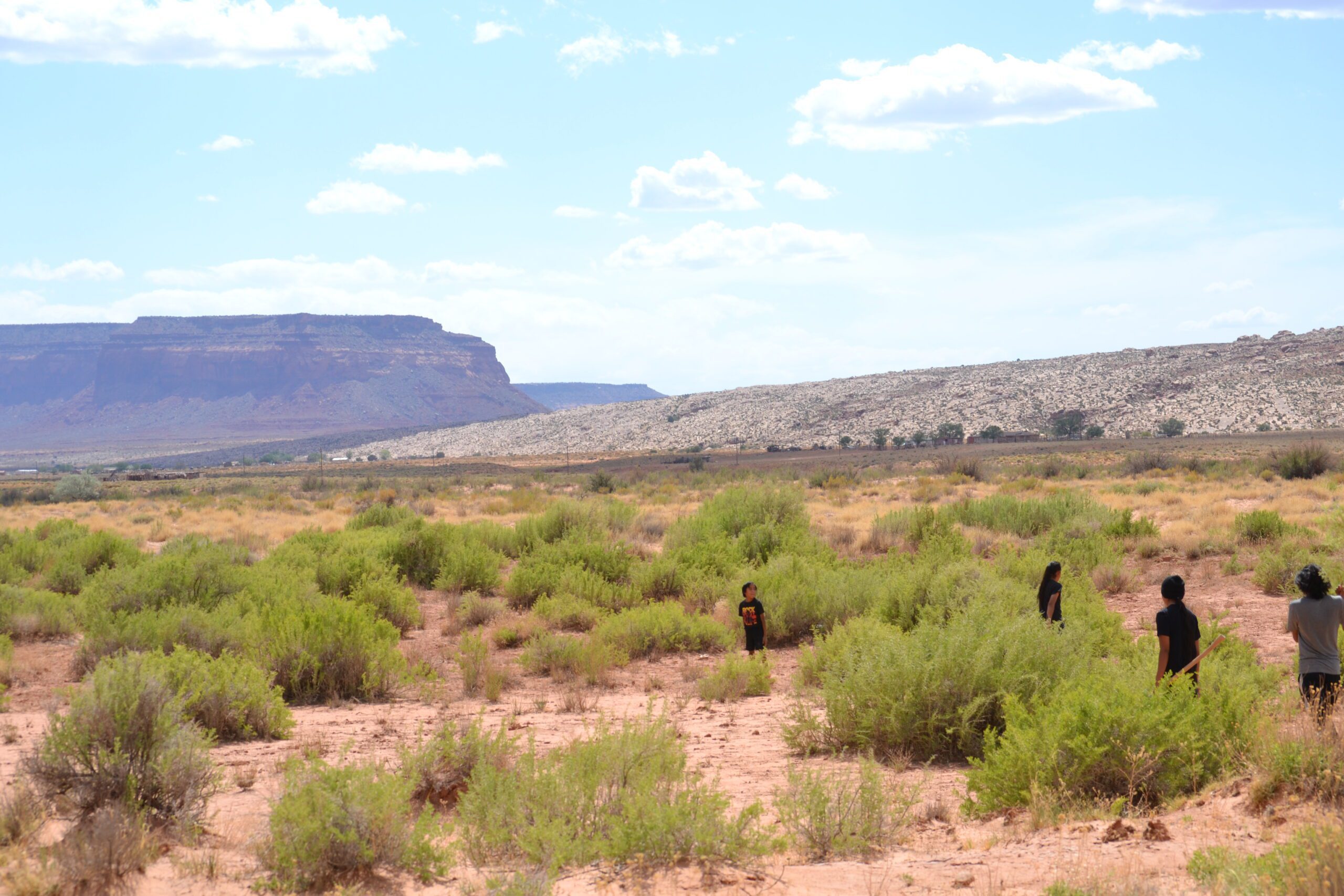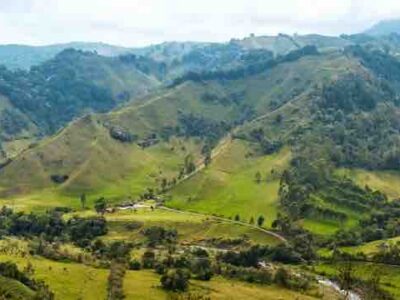A newly reintroduced ancient potato is beginning to lend credence to the idea that we must look to the past for answers. With the global temperature rising, humanity will need to come to terms with increased weather events that might impact the habitability of certain climates. The best example of this is drought. While droughts have existed in certain parts of the world for thousands of years, there are now parts of the American Southwest that are becoming increasingly prone to hot, dry conditions that make consistent agricultural operations extremely difficult to maintain. There is, however, a potential way around the issue. The solution involves looking backward, to an era before electricity, and even before the Roman Empire.
Officially named ‘Solanum jamesii’, the Four Corners Potato might be the key to combating drought in modern farming. Down in Mesa, Arizona, there is a growing movement from scientists and advocates to bring the crop back into the state agricultural rotation, citing an impressive degree of environmental resiliency within its gene pool.
The movement began in Utah, where researchers made a puzzling discovery in recent years. While academia’s consensus opinion holds that potatoes were brought to the North American continent from the Andes long ago, newly uncovered evidence suggests that the tuber was actually growing in Utah thousands of years before the migration occurred. Since then, various environmentalist groups have been making efforts to rematriate the potato into the ecosystem, gradually trying to acclimate the crop to the region’s unique soil and environmental composition over time.
This mission eventually led the crop into the hands of seed-keeping members of local indigenous communities. One of these people is Valerie Nuvayestewa, a seed keeper for Hopi-Tewa, a native American Indian group living on the Hopi Indian Reservation of northeastern Arizona. Nuvayestewa described her process of starting the potatoes with small pots then transplanting them over to larger pots over time.
One thing that was immediately apparent was the plant’s relative aversion to excess hydration. “I’ve grown other varieties of potatoes, but the Four Corners Potato is different and does not like too much moisture,” said Nuvayestewa. “Of course, it still needs some moisture to grow, but it can also lay dormant until the rains come.”
Nuvayestewa was given the Four Corners seeds as part of the Potato Cultivation Project, a rematriation movement created by the nonprofit Utah Diné Bikéyah Traditional Foods Program. According to Cynthia Wilson, director of the nonprofit, its goal is to build up indigenous gardeners like Nuvayestewa into leaders within local communities, generating enthusiasm for reintroducing these crops to the surrounding areas. Beyond the traditional aspect, Wilson argues that these communities are ideal for such a movement in part due to their cultural emphasis on water conservation. Nuvayestewa herself sees this within her own upbringing. “We were taught that you plant, and you have faith that the rains will come.”





